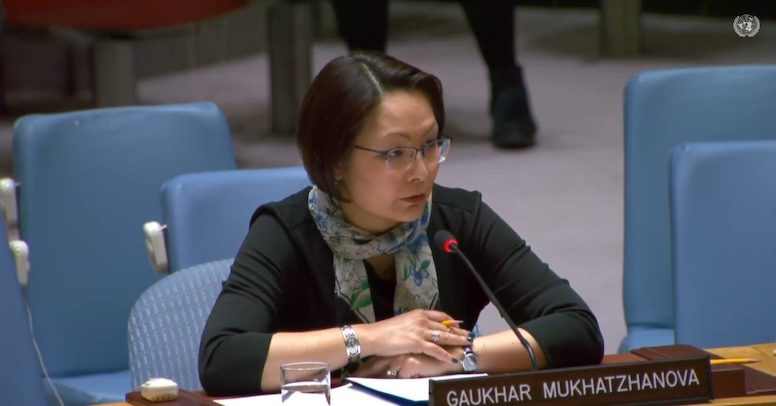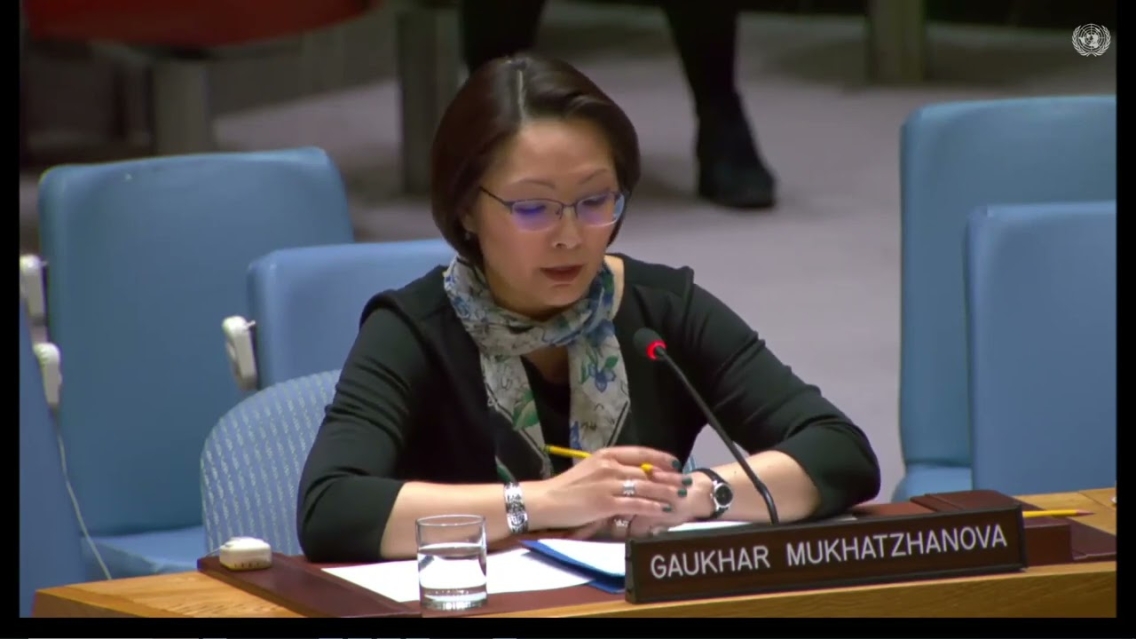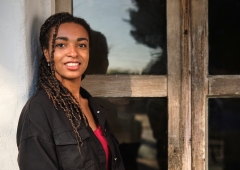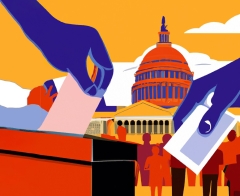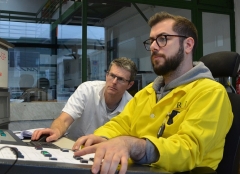Student Meets Nuclear Bomb Survivors in Hiroshima through International Youth Program
| by Sierra Abukins
Halle Shephard was recently selected as one of 30 youth from 12 countries who traveled to Japan for a conference on creating a more secure and peaceful world.

